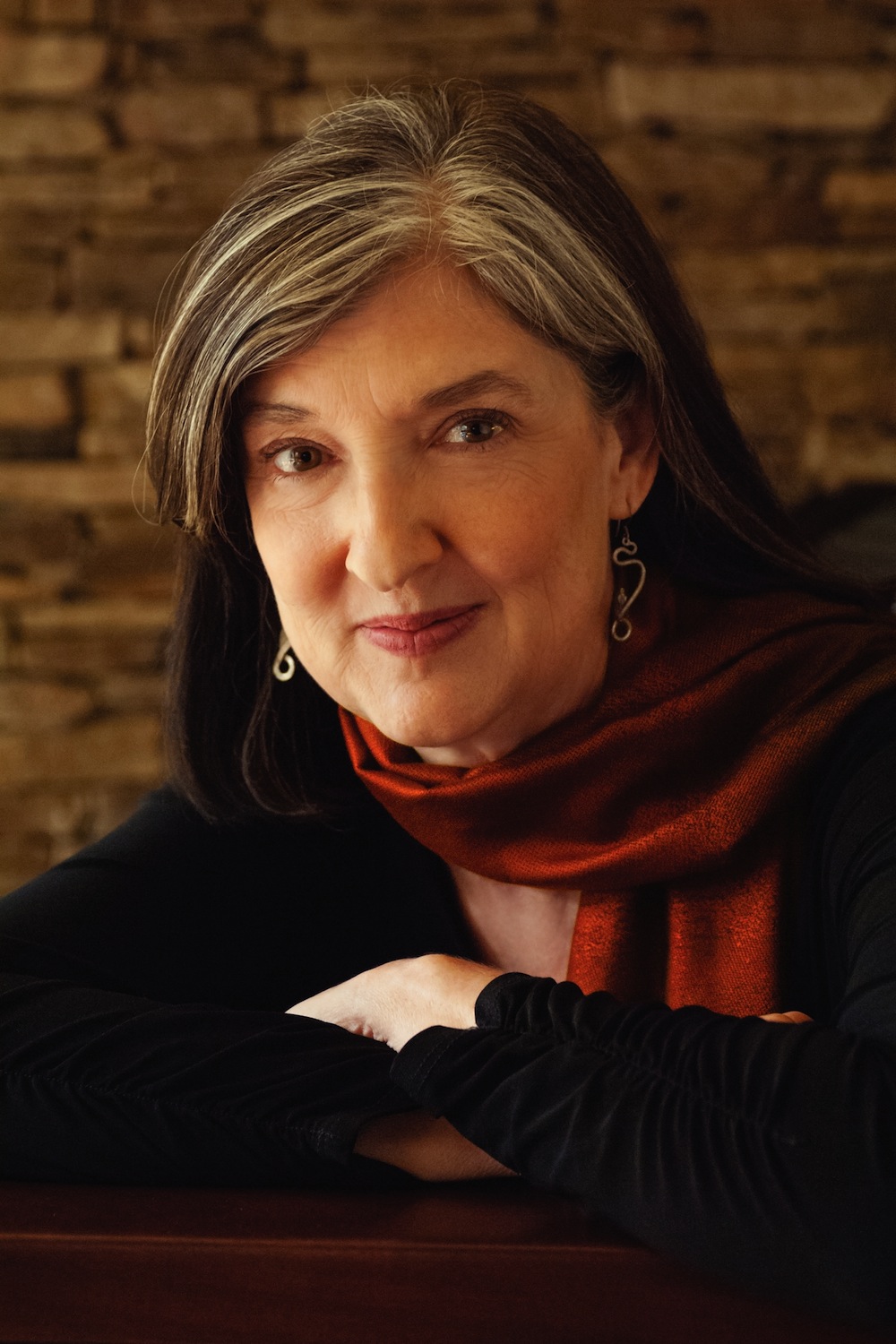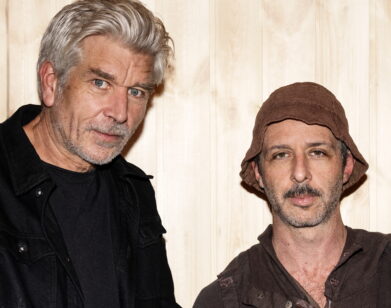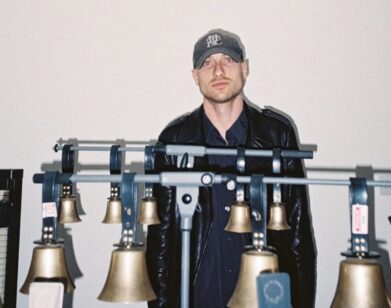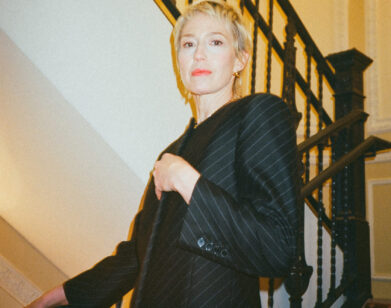Barbara Kingsolver Sets a Fire

ABOVE: BARBARA KINGSOLVER. IMAGE COURTESY OF DAVID WOOD
Barbara Kingsolver’s latest novel, Flight Behavior (Harper Collins) is full of miracles. Dellarobia, a farmer’s wife in rural Appalachia, is on her way to have secret sex with her lover when she witnesses a valley of trees on a mountainside bathed in a lake of fire. After her spiritual seeing, Dellarobia cannot un-see: the wrong of her ways, the evils of her town, the hypocrisy of her church, the battles in her husband’s family. When her world is invaded by journalists, scientists, religious leaders, and sight seekers, Dellarobia struggles to hold on to the honest clarity her initial vision brought her. Holy, stubborn, haunting, and earthy, Kingsolver writes a brilliant book about a world struggling against our own human nature. Flight Behavior is steeped in both the excitement of self-destruction and the beauty of self-preservation is here: the awesome forces of nature that can cause us to call into question how we have been living our lives and strike us out on paths of change. We spoke with Kingsolver about delicious destruction, brain juice, miracles, climate change, and honesty.
ROYAL YOUNG: What happens when people crave destruction in their lives?
BARBARA KINGSOLVER: The first sentence of a book is a promise. So, the first sentence is about craving collapse, the rapturous feeling of throwing your life away. I thought that would be a provocative topic. What does that feeling of throwing your life away feel like? We all, in some way or another, are throwing our lives away. I mean, we all drive fast or smoke or eat the really good stuff that we know is really no good for us. [laughs]
YOUNG: [laughs] Oh yes, yes.
KINGSOLVER: There is something in us that loves certain disasters and the fever of this moment and surrendering to that. The novel is really about that how human that behavior is, and also how we can track it in much larger ways. Why do we have precious resources that we are burning away? Why is this so thrilling to us? The book is not just one answer, but a lot of answers.
YOUNG: Having smoked and eaten poorly and all of the above, there is a rapture in destruction. Do you think it’s because we know it’s a final answer?
KINGSOLVER: I think it’s about all different kinds of battles, all different kinds of looking away: from the truth, from hard things we don’t want to see. There’s this juice in our brain that makes us say, “Fight this thing right now, dude, or run away from it. Don’t worry about tomorrow.” That’s how we’re made. So much of being human is trying to find our better nature.
YOUNG: It’s such a difficult thing for people to do. To see a dissatisfaction or disappointment in their lives and then, instead of self-destructing, to take that energy and do something positive.
KINGSOLVER: Yes, the impulse is always to run away.
YOUNG: In the book, there’s a sign that gets the main character, Dellarobia to change her life, or at least see it differently.
KINGSOLVER: Yes, she is planning an afternoon of illicit sex and instead encounters this strange thing and it scares the bejesus out of her. So she turns around and tries to reclaim her life.
YOUNG: So Dellarobia sees what she thinks is this fire burning on a mountainside. How often do you think we see signs or make signs out of things in order to change?
KINGSOLVER: Not nearly enough [that] we realize, but it’s a novel, so it had to have a plot. [laughs] But really, nine out of 10 people would have walked back down off that mountain and gone “huh” and walked on. But I created a character that wants to do good in her life. We see immediately that whether we like her or not, though she is on the way to commit this sin, this terrible thing, she was probably ready for something that would come along and say, okay, this isn’t the way. If you showed the same scene to a hundred people, 50 might walk away thinking it was a miracle and the other 50 would think it was a very ominous sign of climate change.
YOUNG: What do you think it is?
KINGSOLVER: Well, that’s really the heart of this novel. It’s a complicated question. I thought a lot about culture wars and climate change. I live in a rural part of Virginia surrounded by farms and farmers. These farmers have already had one bad year after another, unpredictable hail storms and tornados. They declare it a disaster year after year. At what point do you say, “Okay, it’s not a disaster; this is reality”? The people that are suffering really dramatically are also the ones that seem to want to ignore what is going on. Why is that?
YOUNG: That’s kind of mind-blowing.
KINGSOLVER: It’s absolutely mind-blowing. We like to think we are rational creatures. I hear you laughing.
YOUNG: [laughs] I just know how often that’s not true.
KINGSOLVER: It is almost always not true! I had a hunch that we decide first what we believe and then we collect evidence to support it. It also has to do with community and who our insiders are. Our communities in a way are getting larger and larger—our Facebook friends, our worlds, our information—but we also have more power to control what we let in.
YOUNG: Right. Our communities are global, but we’re choosing who is in our inner circles.
KINGSOLVER: Exactly. We’re still selecting our tribes and deciding who will look out for our interests. And I wanted that to play out in this character of Dellarobia, who is really in a confrontation with her tribe on all these increasingly large levels: her family, then her church, then her town, then her world. I love creating a ruckus.
YOUNG: What’s so interesting about this ruckus, is that at the root of it is one person’s decision to be honest.
KINGSOLVER: That’s exactly right. And it just blows up everything.
FLIGHT BEHAVIOR IS OUT NOW.






